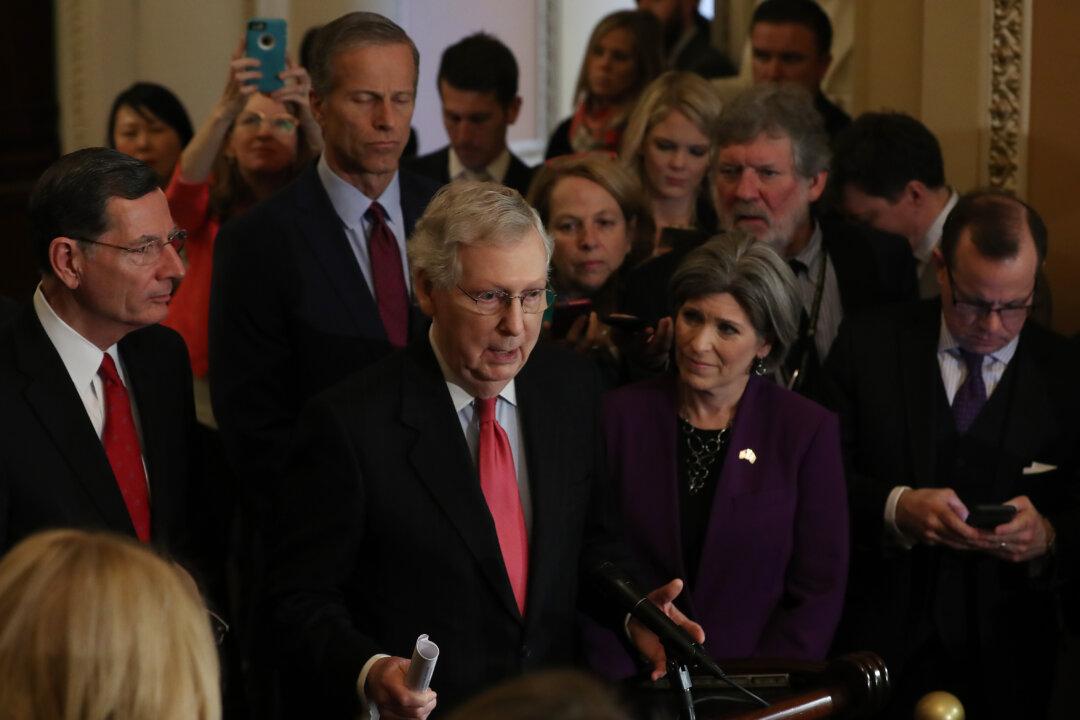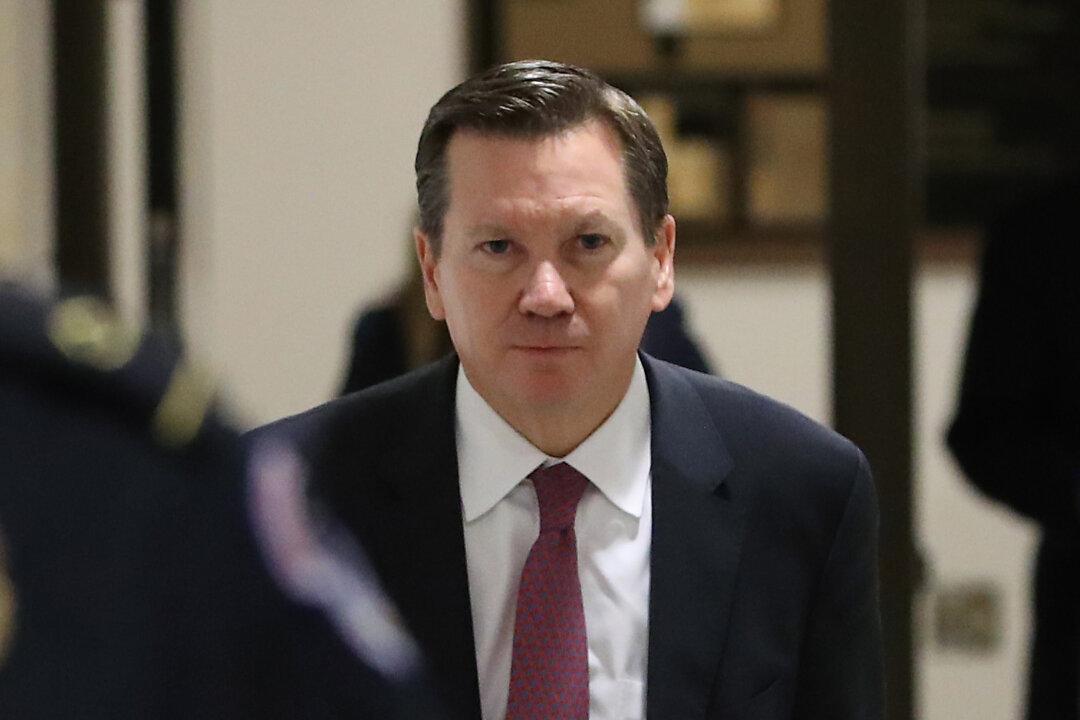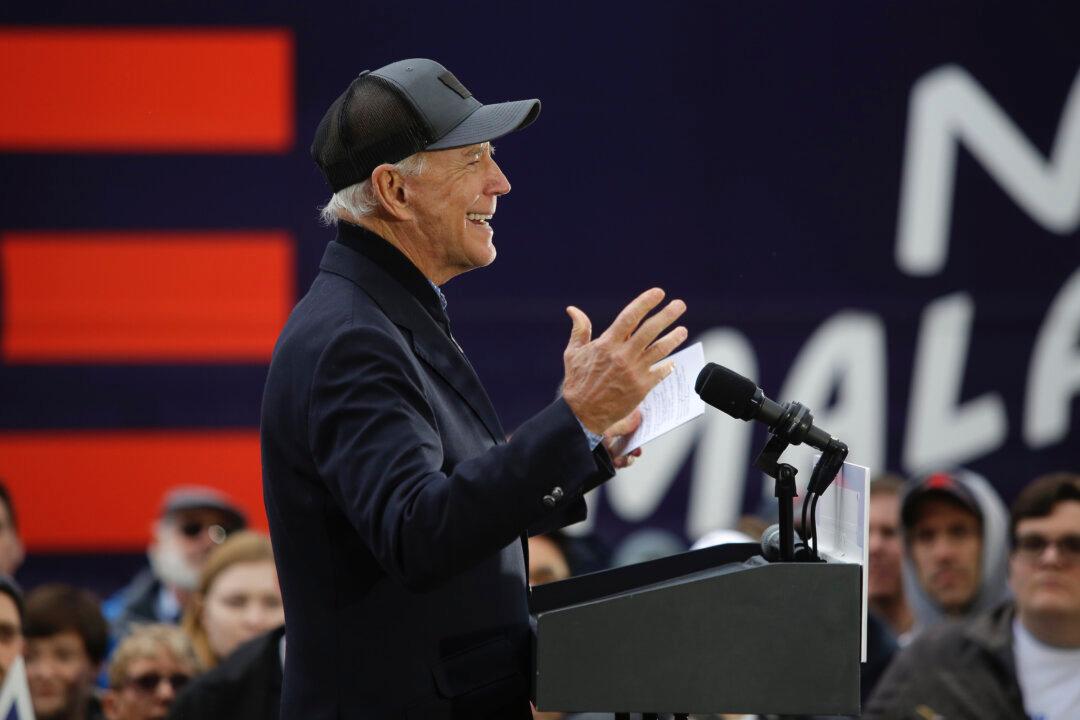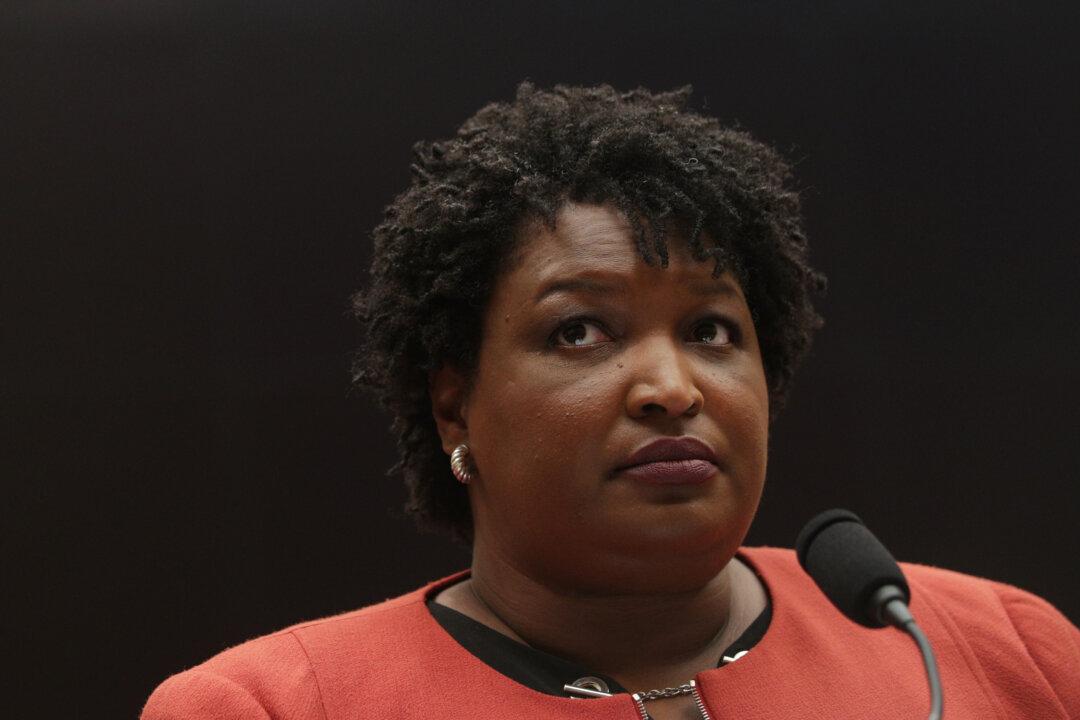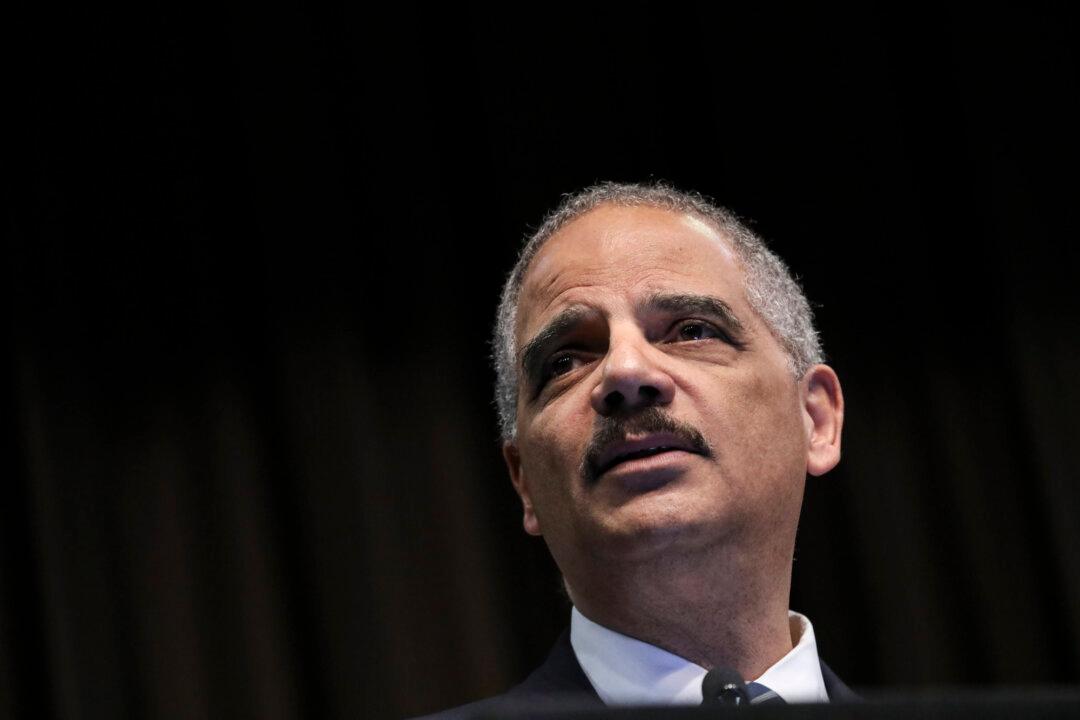Senate Majority Leader Mitch McConnell blasted Democrats on Thursday, March 28, for failing to stand up against the “far left,” which he said is threatening the basic fabric of the American system of government.
McConnell, a Kentucky Republican, delivered his remarks from the Senate floor, and cited several recent examples of how the left wing of the Democratic Party has gained significant influence over the party’s agenda.
